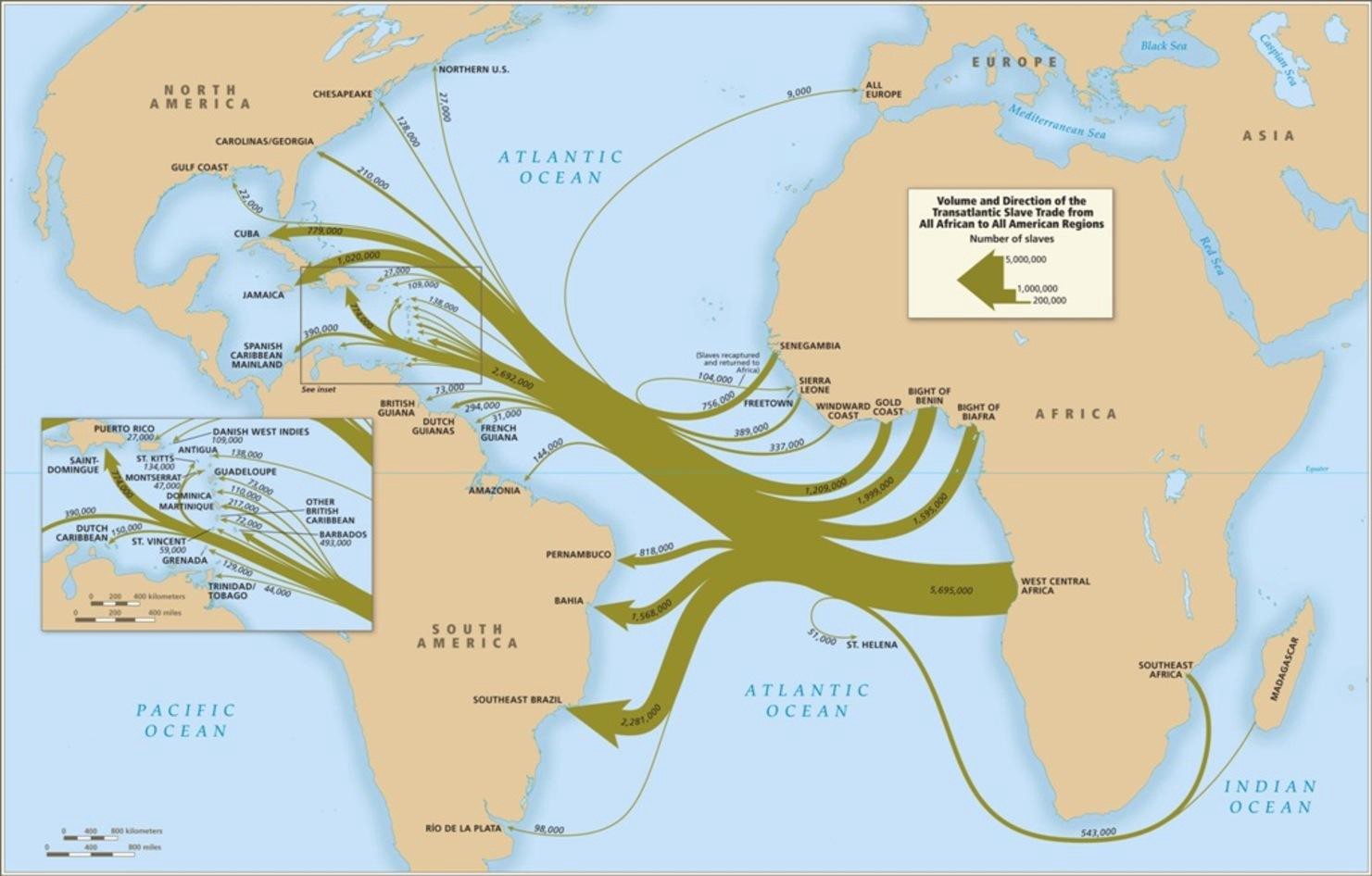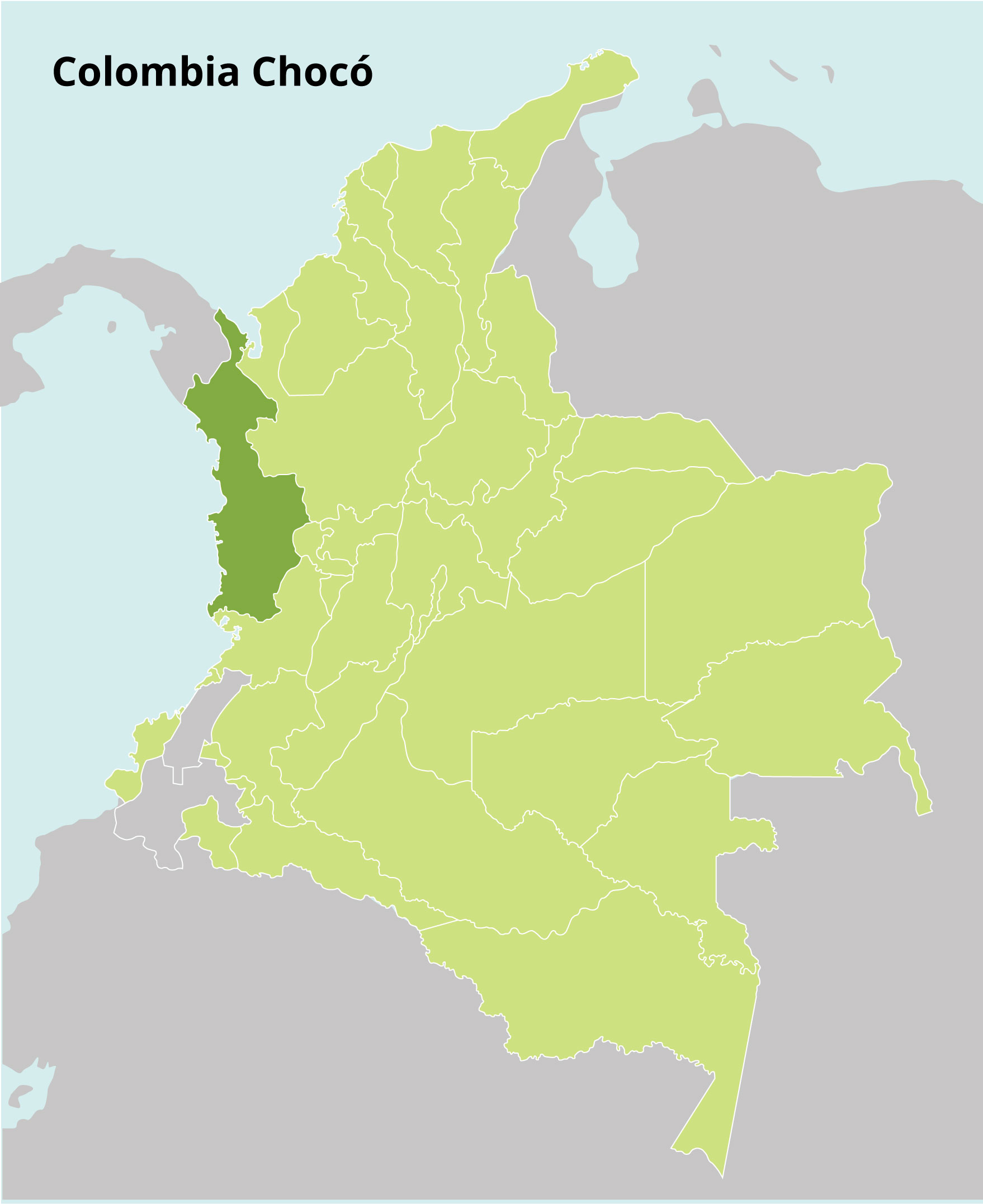
An In-Depth Look into the Vocal Music from the Colombian Pacific
The spiritual life of the black communities from the Colombian Pacific Region is rooted in the Catholic tradition inherited from the Spanish invaders mixed with unique characteristics of their ancestral African beliefs. The latter are usually associated with the African communities that arrived in Colombia during the Transatlantic Slave Trade, between the 16th and the 19th century.
These two cultural heritages merge in the religious celebrations of the Colombian Pacific, in a syncretic amalgam-the blending of two or more religious belief systems into a new belief system-where trying to discern the origin of its constituent elements is a truly challenging task. Each side of this musical mixture is a combination of different traditions. A case in point is the Pacific chant, in which certain musical characteristics are traceable to various European Catholic practices (Mozarabic and Roman), but also to different African and African-descendent cultures (Congolese and Afro-Caribbean).
The religious rites of the Afro-Colombian communities throughout the country are based on standard Catholic traditions; they follow the Roman Catholic calendar and celebrate the Christian sacraments, with special attention to the Eucharist-the Christian ceremony commemorating the Last Supper, in which bread and wine are consecrated and consumed-and funeral services. Regardless of the specific community, however, other cultural elements play an essential role in their religious celebrations. In Bogota, for instance, the Juan Rey Community starts catholic mass with the priest entering from the right side of the altar, accompanied by a drum march performed by a group of female dancers dressed in their traditional colorful attire. Their clothes match the priest's robes, which include a colorful biretta-a square cap with three flat projections on top.
In Pogue (Department of Chocó), the community's participation in the mass is always silent and minimal, except for the musical interludes in between parts. According to ethnomusicologist Alejandro Tobón, who specializes in Afro-Colombian music, the congregation takes the lead at climatic points of the celebrations, singing powerful songs that feature musical elements far removed from the European catholic tradition.
Located in Colombia's northwest pacific coast, Chocó has one the lowest living standards among the country's departments. More than 80 percent of its population are Afro-Colombians, and almost 13 percent are indigenous. Only five percent are white or mestizo.
The dual legacy of the black communities from the Pacific region is musically exemplified by two different kinds of chant: the alabaos and the gualíes. From a Christian perspective, these chants serve as the community's prayers to save the soul of a deceased or honor a saint. However, they also represent surviving African traditions such as the belief in orishas-regents of supernatural forces usually associated with Catholic saints that give them mystical powers and control over different aspects of life.
The conception of death as a part of life is another ancestral tradition of African origin that has survived Catholic indoctrination. These Colombian communities believe that deceased loved ones remain an active part of the everyday life and all death does is change the nature of the relationship with them.





'Anti' is the likely origin of the word 'Andes', Spanish conquerors generalized the term and named all the mountain chain as 'Andes', instead of only the eastern region, as it was the case in Inca era.







